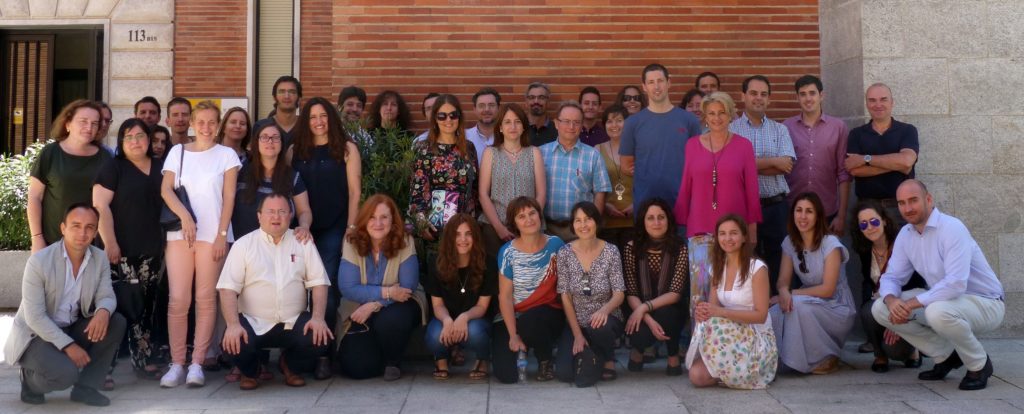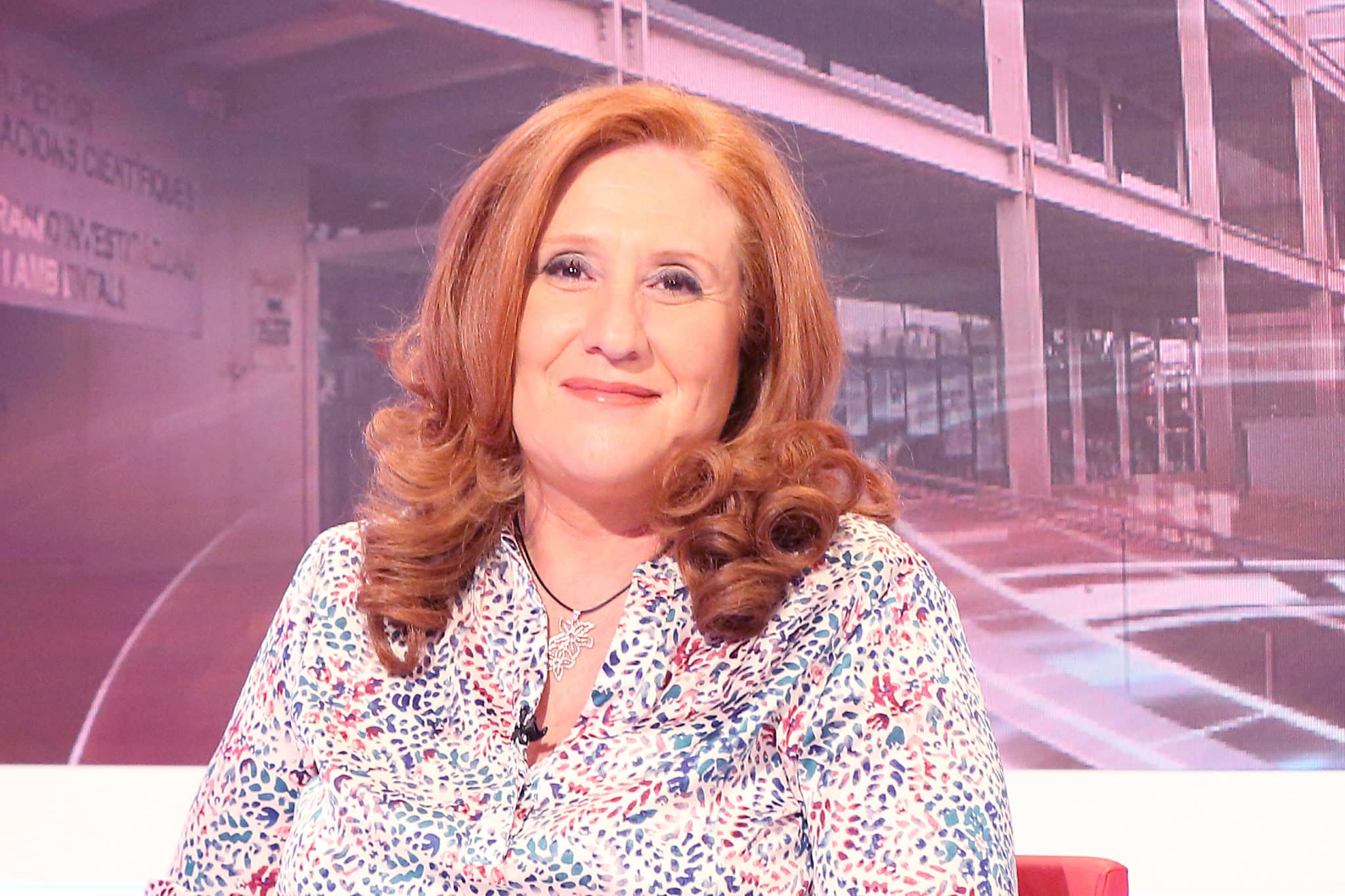For months, teams from the Spanish National Research Council (CSIC) have worked tirelessly to develop technologies and tools for the fight against Covid19. By July, and in record time, they had successfully developed an antibody test to determine who had contracted the virus and who is immune. A rapid test (the results are available within two hours) with 98% accuracy, well above that of the tests currently used. This technology has been transferred to a Spanish company with a non-exclusive licence to, if required, allow other companies to produce and commercialise it and meet demand at an affordable price.
Today, to understand the process and the reason for this very important decision, we interview Ángela Ribeiro, assistant vice president of Knowledge Transfer of the CSIC.
What has been the development process of these tests, and how did it arise?
To fully understand it, I think we should go back various months. In 2018, Thematic Interdisciplinary Platforms were created within the CISC, intended for tackling large challenges with a multidisciplinary approach, from basic to final research, and integrated with society and businesses, which we try to involve during the process. Many platforms were created with different themes.
Having this structure in place was fortunate because the same afternoon as that day in March, when the quarantine was announced, the vice president wrote a message to all us researchers saying that they were going to create a global health platform. Conclusions: about 90 projects that involve approximately 330 groups of 95 centers (the CSIC has 120 centers). People provided a lot of support. In the National Centre of Biotechnology and other laboratories, people abandoned their day to day research and dedicated all resources to the pandemic. And we also had a structure that allowed us to collaborate from the start, with a very dedicated team and very clear lines of technology transfer and communication.
One of the things we were clear about was the issue of diagnostics. Our work had an original focus – consider and work with the protein inside the virus – that allowed us to achieve very good results. At that time, rapid diagnostic tests had an accuracy of 60%, and ours reached 95%.
Also, with the whole world so involved, doors would open wherever you called. Everyone wanted to collaborate. And this is very important: society too, which has involved itself in an unimaginable way. We have received a number of incredible donations from the very first minute.
In summary: we had a good structure, good researchers, job calls were accelerated, contracts were made flexible, and the whole of society was providing a lot of support. It was a team effort.
The CSIC has decided to transfer this technology with a non-exclusive licence. That is, that other companies that you grant the licence to can develop the technology. Why did you make this decision?
From the start, we knew that this was going to be a non-exclusive licence in order to reach the maximum number of people possible. We needed a company that could undertake the industrial development of our test and commercialise it. In this case, the non-exclusive licence was made with a company called Inmunostep, who told us they had the capacity to meet the whole of the Spanish market, which was our primary objective. Now, following the announcement of the test development and the enormous impact the news has caused, other companies are also interested in developing this technology, even in other countries. Argentina, for example.
From the CSIC, the further we can go and the more licences we can grant, the better. Although, it is true that we have a problem with capacity and the number of people needed to cover and manage all that we would like to do along these lines.
And in the agreements with these companies, is there a price limit for the commercialisation of the tests?
We have also discussed affordable prices, but we still haven’t discussed exact prices because we can’t be finalists. We would have to study what the final cost is for the company to bring it to the market. On our side, there is a control in the contract so that the final price will not be too high and that the product reaches everyone. From the CSIC, of course, no one has tried to benefit from this.
In terms of the vaccines with which the CSIC is involved… Would you opt for similar outlines and non-exclusive licences?
Of course. That is our plan. In fact, all the Covid19 technologies will be licensed as non-exclusive. And we are currently developing around 40 technologies for the pandemic. The idea is very clear: we want to reach the maximum number of people possible in the best way possible, so that everyone has access.
And beyond Covid19. Do you think that these transfer models may be a policy that has arrived to stay in the health and biomedical sector?
In the case of treatments and medicines, the problem has always been that the CSIC is not a finalist and is far from the final product development stage.
Nevertheless, with the development of the vaccines and tests, we have considered the idea of developing the whole protocol with the help of companies and clinics. We have opened a network link with the Spanish Medicines Agency, and we want to continue along these lines. We have already created a small office to try to go in that direction and do the same as we did with the vaccines and these tests for other possible future developments of the CSIC. We have learnt a lot in the Transfer Office over these past months, and we want to make the most of this knowledge and all the contacts made for any events that may arise in the future. We haven’t resolved everything, but we have taken a very important step.
So… Covid19 may also suppose an important change in the current research model and in the work of organisations such as CSIC?
I think that with Covid19 there has been a small change. We have advanced and, through our own means, been able to bring out the tests or masks, and we will be able to further develop vaccines, and even go further and finish phases 1 and 2. I think that people have realised that we are not just researchers and that we have the ability to understand the business world and solve issues on the other side. The threat of the pandemic has been an opportunity for the CSIC. And I speak from the CSIC, but I think this can be extended to Spanish research.













